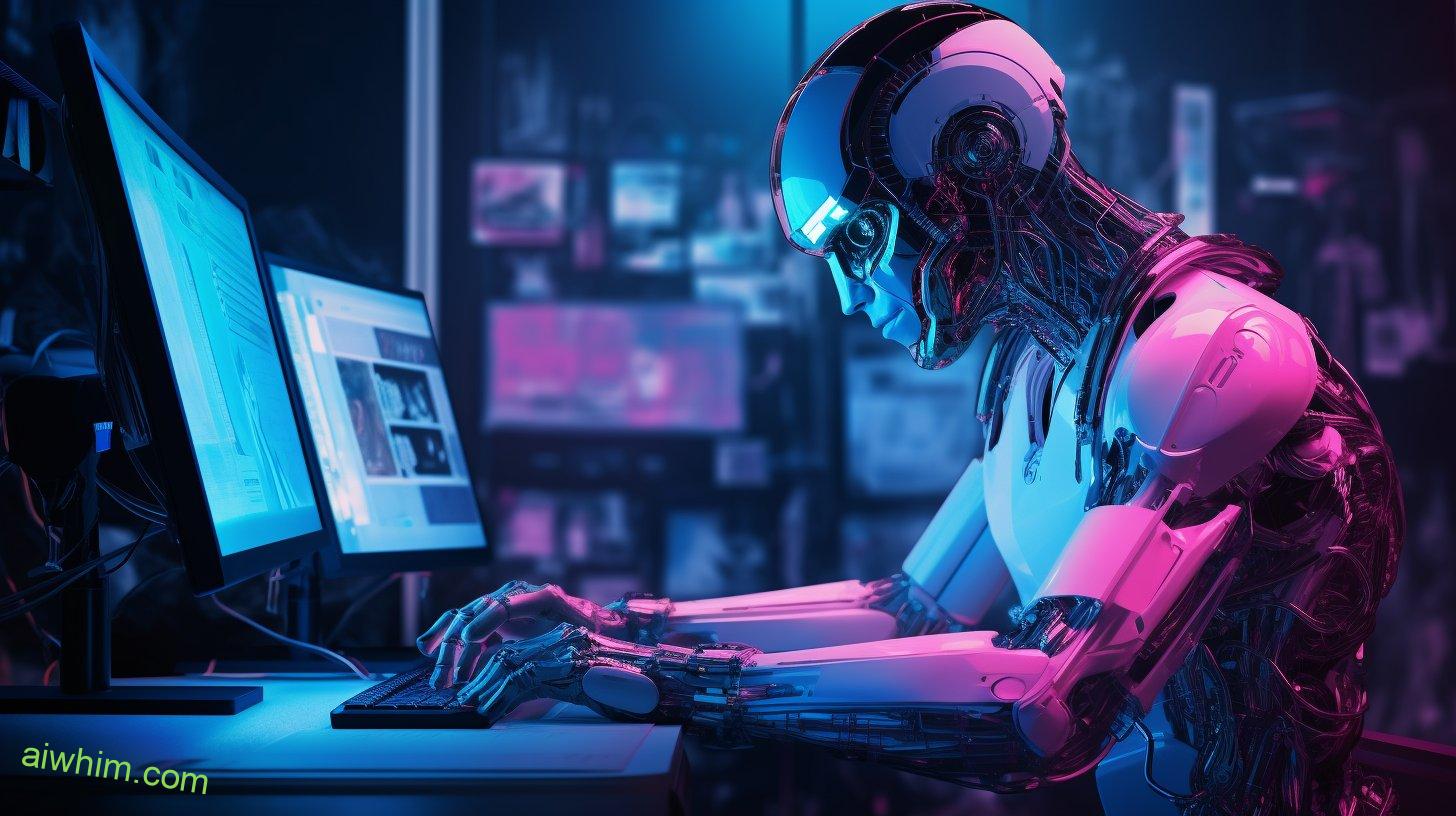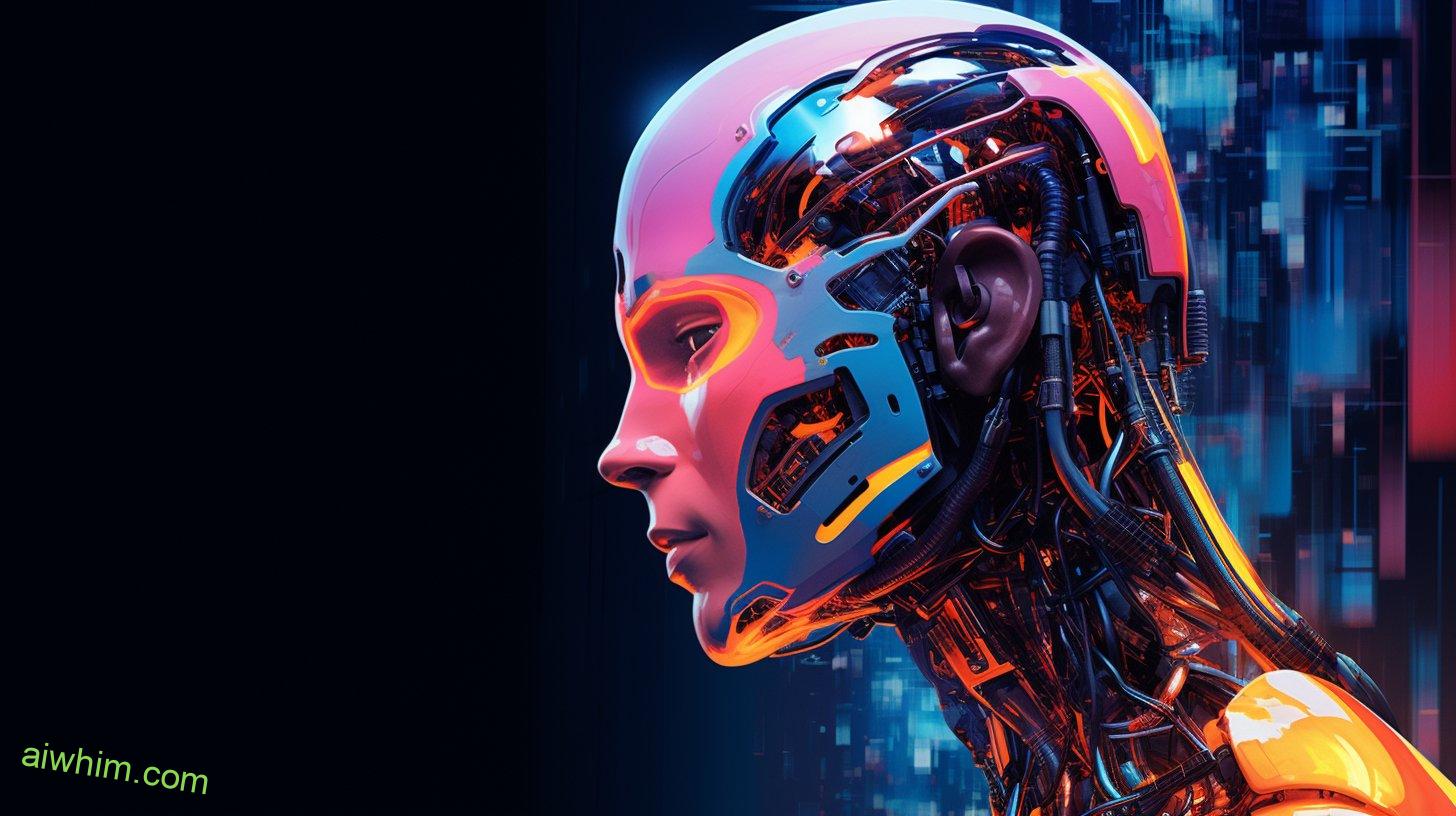In the age of technology, artificial intelligence (AI) is becoming increasingly more common in our lives. We are now seeing it used more and more in various industries, from healthcare to finance. But one area that has seen a significant rise in AI usage is computer systems analysis. This raises an important question: Is there a risk that AI will eventually overtake human jobs of computer system analysts? Of course this would mean job losses – something nobody wants! So what should you know about this potential threat and how can you protect yourself against it? In this article, we’ll explore the risks associated with AI taking over jobs traditionally held by human computer systems analysts and look at ways to ensure you remain competitive in your field.
The idea of being replaced by an automated machine may seem far-fetched but there’s no doubt that AI could change the way many businesses operate – including yours. As Artificial Intelligence becomes smarter, faster and cheaper than ever before, companies may be tempted to use machines instead of employees for certain tasks. This means Computer Systems Analysts have good reason to worry about their future job security. It also begs another question: What skills do you need to stay ahead of the competition when competing for positions against AI?
This article looks at the implications of advancing technologies on the role of Computer Systems Analyst and provides advice on how best to prepare yourself for these changes. We’ll discuss current trends in automation and provide tips on developing skills that make you stand out when applying for jobs or consulting opportunities. With this knowledge, you can feel confident knowing you’re doing all you can to protect your career from any potential impacts caused by advances in Artificial Intelligence.
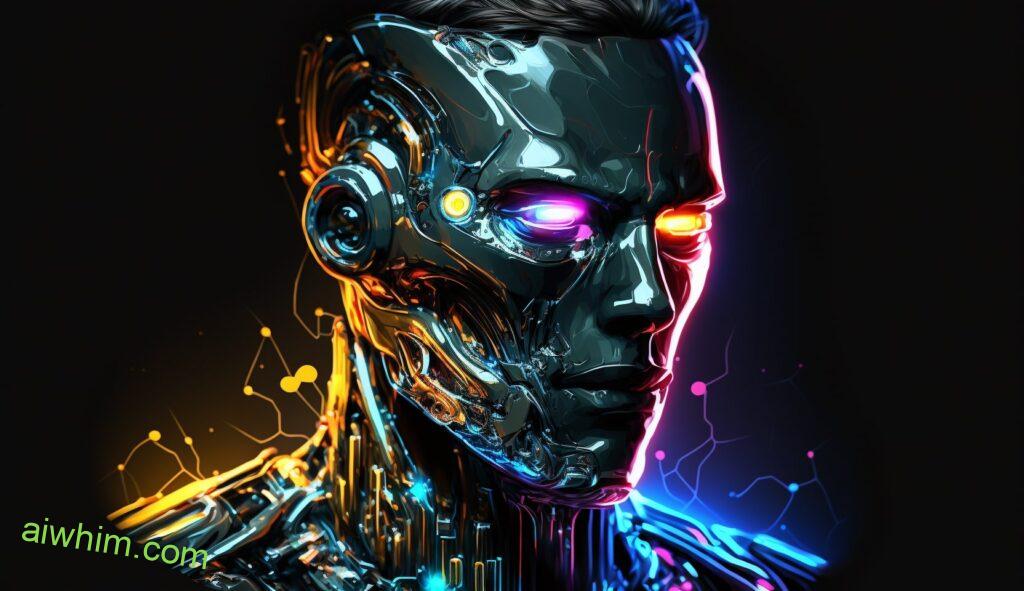
Here’s what we’ll cover in this article:
Definition Of Artificial Intelligence
Artificial Intelligence (AI) is an ever-evolving technology that has taken the world by storm. AI refers to computer systems designed to complete tasks traditionally done by humans, using an algorithm and data analysis. With its ability to automate processes, it’s no wonder why this powerful tool is being used in many industries today.
At its core, AI involves a set of technologies such as machine learning which enables computers to learn from experience instead of relying on programmed rules. This makes them capable of solving complex problems more efficiently than humans alone can do. Additionally, artificial neural networks are also part of AI – these are computer models that mimic how the human brain functions, allowing machines to recognize patterns and make decisions quickly.
The implications of AI go beyond just automation: it could change the way we think about problem-solving and create opportunities for businesses to become more profitable and efficient. As with any new technology, there will be risks associated with using it but if implemented correctly, AI could revolutionize our lives for the better.

Current AI Applications In The Workplace
AI is increasingly being used in the workplace, and computer systems analysts are no exception. AI has become a valuable tool for automating mundane tasks and making complex decisions faster than ever before. Machine learning algorithms have been employed to optimize processes, analyze data more effectively, and generate predictions with greater accuracy.
At present, AI is most commonly utilized to identify patterns within large datasets that would otherwise be difficult or impossible to detect manually. This allows organizations to gain insights from their data that were previously inaccessible. From this information, businesses can make better-informed decisions about how best to utilize resources and allocate budgets more efficiently. Additionally, AI can also replace humans in certain roles such as customer service agents by responding quickly to inquiries and resolving issues autonomously.
Despite the potential of AI applications in the workplace, it is important to note that automation has its limits; human input will still be required for many aspects of decision making and operations management. Furthermore, there appears to be little risk of computers replacing humans completely anytime soon—at least not without significant investment into research and development. The future of work may very well involve collaboration between humans and machines working together towards common goals rather than competition against each other for jobs.
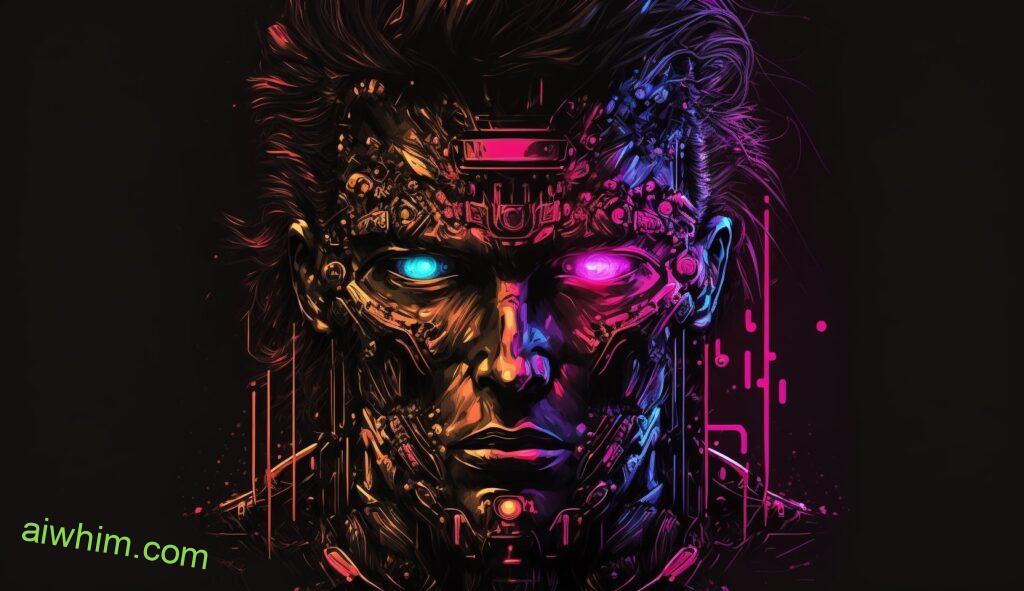
Pros And Cons Of AI In The Workplace
As a computer systems analyst, one must consider the pros and cons of AI in the workplace. On one hand, it could be viewed as an alluring symbol of progress – offering potential benefits such as reduced costs while also enhancing productivity through automation. However, on the other hand, there is always an element of risk with new technology. The use of AI has opened up ethical concerns related to job displacement and privacy issues for individuals and businesses alike.
To start, let’s focus on the positive aspects that AI can bring to the workplace. Firstly, by automating mundane tasks, employees have more time to focus their efforts on higher-level projects that require creativity or critical thinking skills. Secondly, many organizations are leveraging AI resources to help enhance customer service experiences; these tools can provide personalized recommendations based on user data analysis and automated responses which save time and money associated with human labor costs. Finally, intelligent machines can act as virtual assistants who can recognize patterns and make predictions about future outcomes – this helps reduce errors caused by manual inputting processes.
On the flip side however, there are some drawbacks associated with using AI at work too. For example, workers may feel threatened due to fears of job security when they perceive robots performing tasks better than them – leading to feelings of stress or frustration amongst team members. Furthermore, algorithm bias remains an issue that needs addressing because if datasets aren’t diverse enough then decisions made by artificial intelligence often reflect those same prejudices embedded within its source material. Finally, there is a lack of regulation around how companies use personal information collected from customers – meaning users do not necessarily know what type of data is being stored or shared without their consent which raises questions around ethics in regards to how we should protect people’s rights online.
AI definitely has benefits for both employers and employees but it is important to understand its limitations too so that we can address any potential risks before implementing plans into the workplaces. When used correctly though it offers many opportunities for growth which ultimately leads towards increased efficiency within business operations whilst keeping safety regulations firmly in place throughout each process

Potential Disruptions To Computer Systems Analysts
AI is an ever-growing presence in the tech world, and computer systems analysts are not immune to its disruptive potential. As AI technology continues to expand its capabilities, it could potentially displace some of the roles currently filled by a computer systems analyst.
The following list outlines three key considerations for how AI might disrupt the field:
- AI-Disruptions: AI can automate certain tasks that would normally be done manually by human analysts. This has the potential to reduce or even eliminate jobs in areas such as coding, data processing, and customer support.
- Analyst-Displacement: Automation tools powered by artificial intelligence may eventually replace many of the skillsets possessed by computer systems analysts. This could lead to job losses due to companies shifting their focus away from traditional roles and towards automation solutions.
- Automation-Impact: The impact of automation on computer systems analysts will vary depending on each individual’s skillset and experience level. Those who possess more technical knowledge may find themselves less affected than those with fewer specialized abilities.
The growth of AI presents both opportunities and challenges for computer systems analysts moving forward. Companies need skilled personnel who understand how machines work together with humans to create efficient solutions while also taking into account ethical implications like privacy protection, safety measures, and security risks associated with automated processes. It is important for professionals working in this space to stay abreast of developments related to AI technologies so they can remain competitive in an increasingly automated landscape.
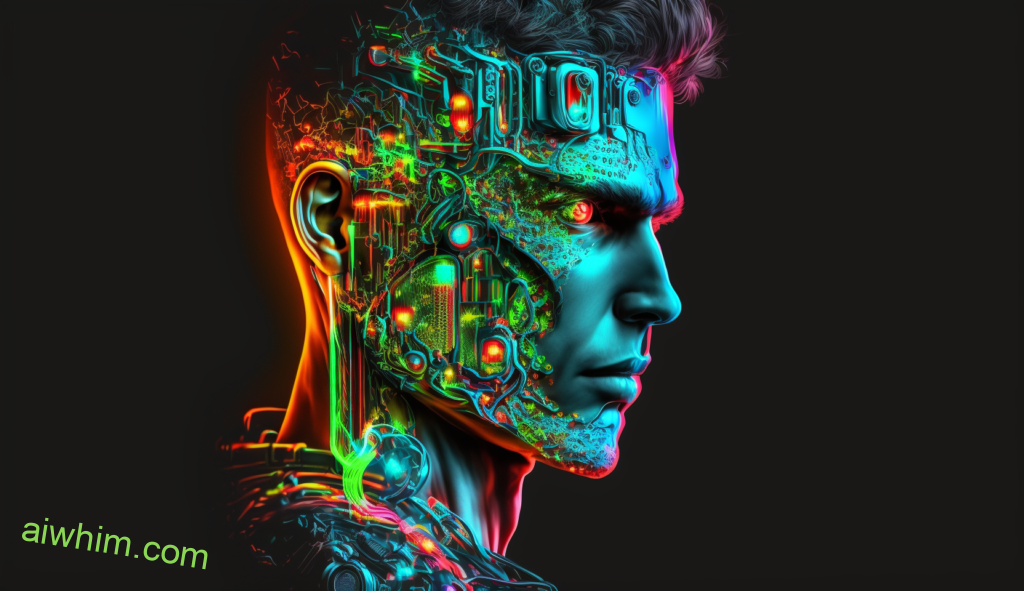
Automation Of Traditional Analyst Tasks
The future of work is rapidly changing. With technology advancing at a rapid pace and artificial intelligence becoming more prevalent in the workplace, it begs the question: Is there a risk that AI will steal your job as a computer systems analyst?
When considering task automation for traditional analyst tasks, it’s important to understand what this means for analysts currently working in the field. Task automation has been around for decades; however, its recent applications have started to impact many different sectors with computers taking on increasingly complex roles. Automated tasks help eliminate human error from repetitive processes, allowing them to be done faster and more efficiently than ever before.
But how does this affect analysts? In some cases, automated-analyst-tasks can reduce or even replace the need for an individual computer systems analyst depending on the nature of the task. This could lead to fewer positions available in certain areas such as software development or data analysis where AI algorithms are being used more frequently. However, while machine learning and automation may take over certain aspects of analytical work, they don’t necessarily spell doom and gloom for those within the industry. On the contrary – by freeing up time previously spent dealing with mundane tasks, analysts are able to focus their attention on higher value activities like research and problem solving which require greater skill sets and knowledge bases.
AI presents both opportunities and challenges when it comes to replacing traditional analyst tasks but ultimately one should not fear its potential implications too much; rather it should be embraced as an opportunity for growth and advancement within any given sector or industry.
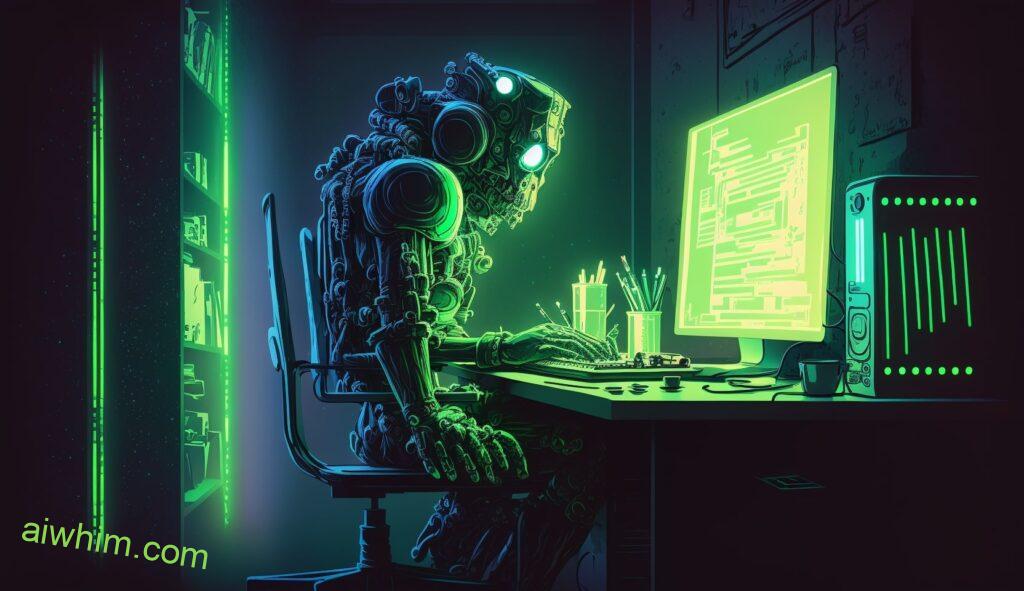
Replacing Human Workers With AI-Powered Systems
AI-automation is rapidly increasing in the workplace and many tech companies are already employing AI-integration into their systems. This raises a pertinent question: will this technology replace human workers? In short, yes – but it depends on the occupation or industry.
With respect to computer system analysts, here’s what we know:
- AI can automate mundane tasks that once required manual labor from an analyst.
- AI algorithms can learn how to interpret data faster than humans ever could.
- Companies may opt for cheaper solutions such as automation instead of paying salaries for human employees.
- Human decision making skills cannot be replicated by machines (yet).
Taking all of these points into consideration, there is a risk that jobs like computer system analysis could be automated with AI in certain cases and industries. However, while some tasks within those roles may become obsolete due to job-automation, unique qualities like creative problem solving and strategic decision making still require human input; something no machine has been able to replicate yet! Thus, although potential disruption exists, it’s unlikely that any computer system analyst would have their entire role replaced by AI anytime soon – if at all!

Skills For Successful Career In Computer Systems Analysis
As technology advances and AI-powered systems are increasingly used to automate tasks, the role of a computer systems analyst is becoming increasingly vital. To be successful in this field requires more than just technical know-how; it requires specialized skills such as troubleshooting and problem solving.
Troubleshooting skills are essential for any computer systems analyst. They must identify problems that arise with hardware, software or networks quickly, accurately diagnose them and develop solutions to resolve these issues. Analysts also need to understand how different components interact with one another so they can identify potential sources of trouble before the system fails completely.
Problem-solving skills are also necessary for success in computer systems analysis. Analysts must be able to think outside the box when dealing with complex issues and use their knowledge of technology and related fields to solve them. They should have an analytical mind and be able to break down large projects into smaller, manageable pieces while looking at both short-term and long-term strategies for getting the job done right.
Computer systems analysts play a key role in modern businesses by ensuring the smooth functioning of all IT operations within an organization. While there is no denying that automated processes can help reduce costs and increase productivity, there will always be a place for human expertise when it comes to providing valuable insight into complex technological issues – something no machine could ever replace.
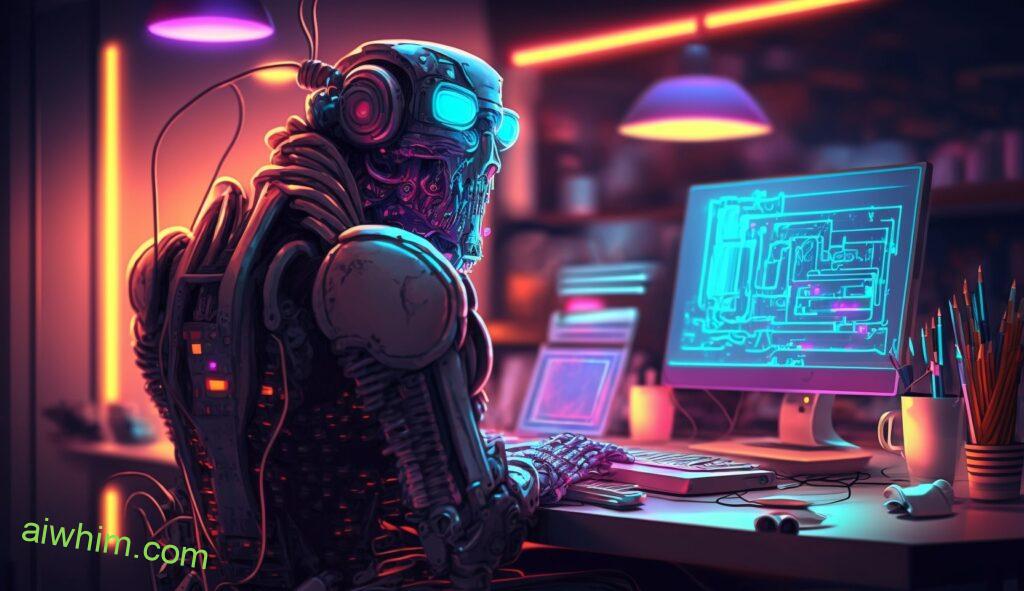
How AI Can Help Analysts Excel At Their Job
AI-enabled technologies are rapidly revolutionizing the way computer systems analysts do their jobs. With AI, analysts can now access a range of job-enhancing automation tools that make it easier to analyze complex data and identify trends. This technology has also enabled them to better monitor system performance and respond quickly to any issues that may arise in the course of day-to-day operations.
Aside from providing new opportunities for analyzing large datasets, AI is also helping computer systems analysts improve productivity. By automating routine tasks such as data entry or report generation, they can devote more time to higher value activities like problem solving and customer service. Additionally, artificial intelligence can be used to develop customized solutions tailored specifically for each analyst’s unique needs.
Ultimately, despite all its benefits, AI should not replace human analysis altogether. It’s important to remember that this technology is only a tool – one that helps people become even better at what they do best: innovate and solve problems. With proper use, AI will help computer systems analysts sharpen their skills while optimizing workflow and saving time on mundane tasks so they can focus on creating meaningful outcomes.
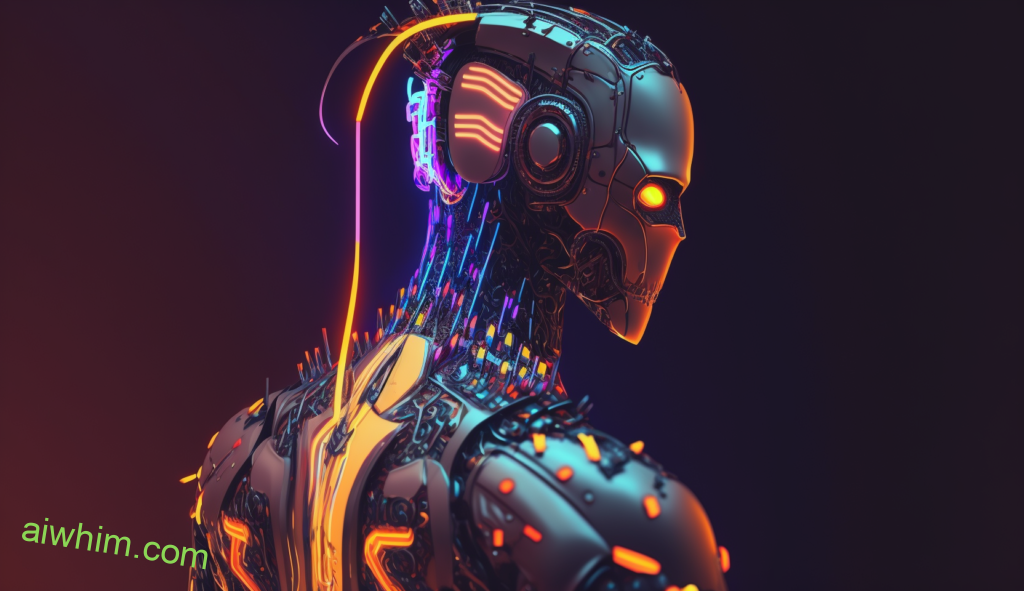
What Companies Look For When Hiring Analysts
When it comes to hiring a computer systems analyst, companies have specific requirements. According to the National Association of Colleges and Employers (NACE), employers are looking for candidates with problem-solving skills, communication proficiency, and technical knowledge in particular. Companies also prefer applicants who demonstrate an ability to think critically and creatively when presented with complex challenges.
The rise of AI technology has caused some people to worry that their jobs could be taken by machines. However, while AI can automate certain aspects of a role or offer more efficient solutions, there is still great demand for human analysts in many industries. Companies need employees who possess the unique combination of technical know-how and creative thinking required for successful analysis projects.
Analysts must understand how businesses operate from both a practical and theoretical perspective. They should be able to develop innovative strategies that address customer needs as well as organizational objectives. Furthermore, they must be able to communicate these ideas effectively so that others can understand them easily and act on them quickly. This requires strong interpersonal abilities as well as excellent writing skills – something which computers cannot provide despite all the advances made in AI technology over the past few years.
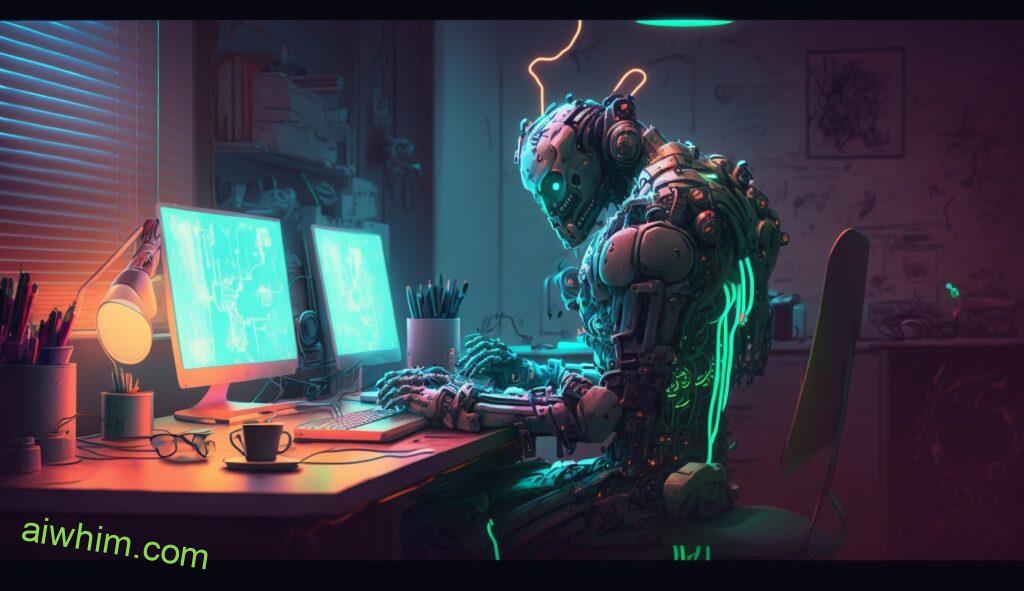
Keeping Up With Rapidly Evolving Technology Trends
The rapid evolution of technology is creating a shift in the industry, and those who are not keeping up with the trends may find themselves at risk of losing their job. As AI-powered systems become increasingly advanced, more tasks can be automated and completed faster than ever before. This means that computer systems analysts must stay ahead of the curve if they want to remain competitive.
Fortunately, there are plenty of ways for computer systems analysts to ensure job security by staying on top of emerging technologies. Professionals should take advantage of online resources like webinars, podcasts, and tutorials to learn about the latest advancements in artificial intelligence (AI) and other tools used in the field. They should also network with peers from different organizations to gain insights into how these new technologies are being utilized across industries.
Computer systems analysts need to view technological changes as an opportunity rather than a threat; embracing innovation can help them develop new skillsets or discover new career paths related to AI development and implementation. By continually educating themselves and actively seeking out opportunities to advance professionally, computer systems analysts will be able to safeguard their jobs while taking part in exciting developments within their fields.
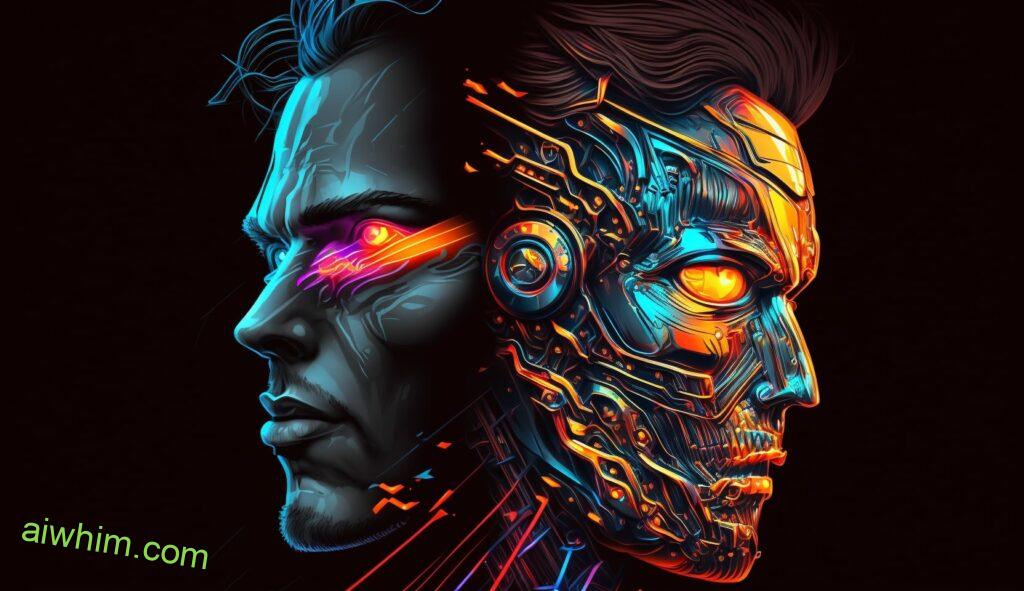
Developing New Skills To Stay Ahead Of The Curve
The dawn of AI has brought with it the looming fear that current jobs might be at risk. As a computer systems analyst, this is especially relevant; however, there’s no need to panic just yet. To ensure job security in the age of AI development, it’s important to stay ahead of the curve by building upon your existing skillset and learning new technology trends as they emerge.
There are many resources available for professionals looking to boost their knowledge base. Online courses can teach you about different programming languages or how to use certain software programs more efficiently. Additionally, attending conferences and networking events allows you to interact directly with people who specialize in various aspects of computer systems analysis. This helps keep you up-to-date on any changes or advancements within the industry and gives you an opportunity to make valuable connections.
By staying informed and investing in skill building opportunities, you can remain competitive in a rapidly changing technological landscape. It may take some extra effort but developing these tools will ultimately help protect your career against potential threats posed by advancing AI solutions. Ultimately, this ensures continued success as a computer systems analyst long into the future
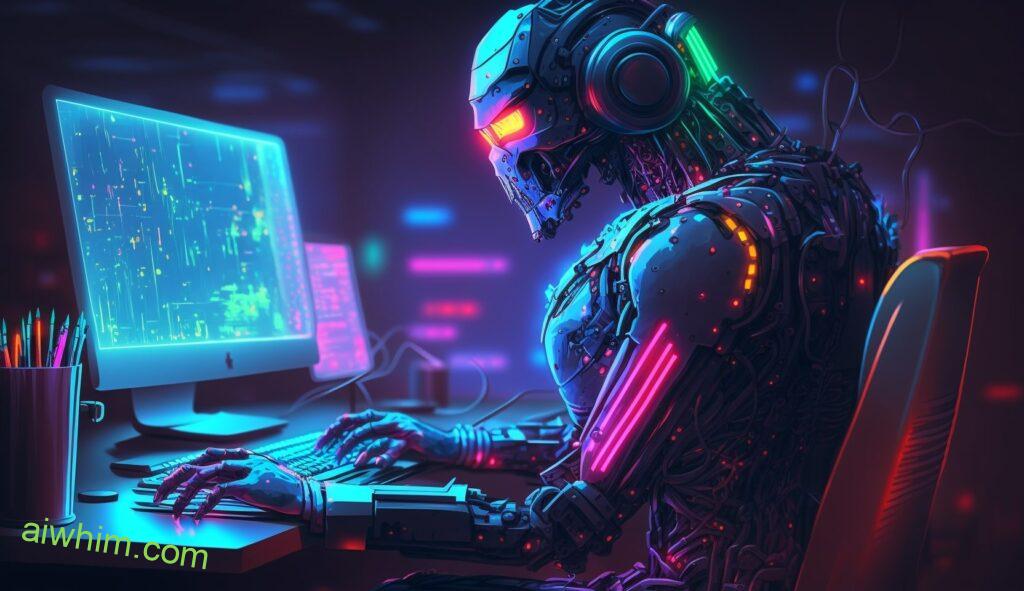
Benefits And Challenges Of Working With AI-Powered Systems
The use of AI-enabled systems has become increasingly prevalent in the workplace, and computer systems analysts are no exception. Automation benefits from AI-powered systems can be seen through improved efficiency and accuracy, as well as cost savings across industries. For example, ai-based robotic process automation (RPA) is able to quickly complete tasks that would have taken humans much longer. As such, computer system analysts may spend less time on mundane tasks, allowing them to focus their energy on more complex issues.
However, despite the many advantages brought by ai-enabled systems, there are also some challenges associated with working with them. Without proper integration into existing processes or without sufficient training for human workers interacting with these technologies, organizations could experience difficulty when implementing automated solutions to everyday problems. Additionally, while RPA can save companies money in the long run, they must first invest large sums upfront in order to purchase the technology itself before seeing any return on investment.
Though using ai-enabled systems presents both risks and rewards for computer system analysts, it’s important to recognize that this technology does not necessarily replace people jobs but rather provides an opportunity for workers to maximize their potential within their roles. With appropriate planning and implementation strategies in place to ensure successful adoption of ai resources, professionals will benefit greatly from increased productivity as well as job satisfaction knowing that their organization is staying ahead of the competition.
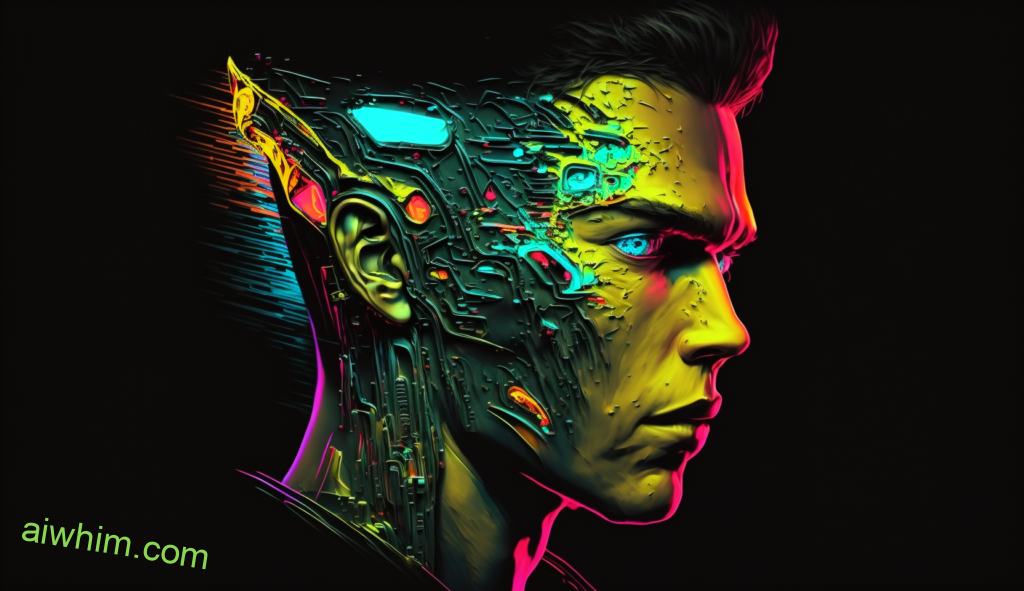
Ethical Considerations Around Using AI Technology
It is a question that has been asked for a while now: can artificial intelligence be trusted to handle the complex tasks of a computer systems analyst? And with AI technology becoming ever more prevalent in our lives, it’s no wonder this question is being raised. But before answering yes or no, let us consider the ethical implications of using such powerful technology.
The potential benefits of incorporating AI into workplaces are obvious – increased efficiency and accuracy, along with reduced cost and risk. However, there are also some potentially negative consequences. For instance, if an AI system were given control over critical decisions related to a company’s operations, would its decision-making process reflect human values and ethics? Would it take into account all relevant factors when making decisions? These questions require careful consideration before implementing any form of AI technology.
Moreover, while AI may excel at completing certain predetermined tasks efficiently, could it handle unrelated tasks as effectively as humans? Could machines learn subtle nuances associated with problem solving beyond what they’re programmed to do? Asking these types of questions allows us to assess whether using AI will provide tangible benefit or just create new challenges for organizations. Ultimately, only by understanding the full scope of ethical considerations surrounding AI technology can we make informed choices about how best to use it in business and everyday lives.

Job Security For Computer Systems Analysts
The potential risk of AI technology stealing jobs from computer systems analysts is a valid concern. While it’s true that some tasks can be automated using AI, there are still many things that require the skills of a human being to do them properly and efficiently. In this section we’ll explore how job security for computer systems analysts looks in the age of AI:
- Analysts need to stay up-to-date on the latest technologies and trends within their field.
- They should continuously hone their problem solving and analytical skills since these will always be needed by businesses.
- Computer systems analysts should also focus on developing unique solutions to complex problems as opposed to relying solely on existing technologies or processes.
- It would also be beneficial for analysts to expand their areas of expertise beyond just traditional software engineering so they have more opportunities available when markets change or new roles open up.
- Having strong interpersonal communication and collaboration skills will help ensure successful interactions with other teams and stakeholders.
It’s clear that while automation may take over certain aspects of a systems analyst’s job, there will continue to be plenty of room for skilled individuals who possess both technical knowledge and soft skills such as team building, conflict resolution, communication, and leadership capabilities. With proper training and development, computer systems analysts can remain competitive in the ever-evolving tech industry. Thus, though AI technology might present itself as an intimidating opponent at first glance, its presence does not necessarily mean that computer system analysts cannot retain secure positions within their respective fields.
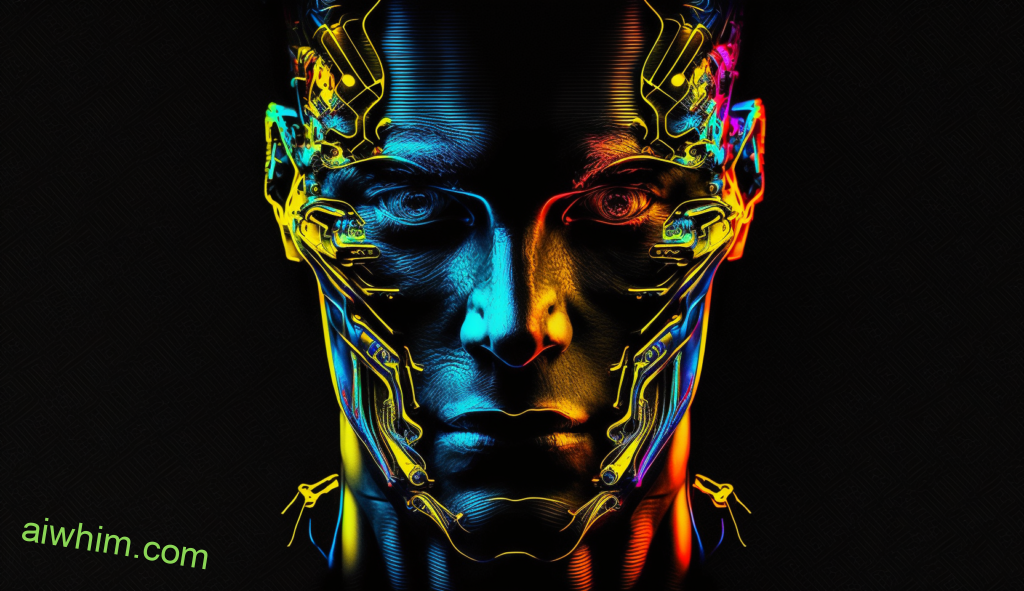
Preparing For The Future Of Artificial Intelligence
The future of Artificial Intelligence is like a tidal wave, bearing down on us with an unstoppable force. It’s no secret that AI-driven automation and machine-learning algorithms are transforming the way we work, creating new opportunities for data-driven insights to revolutionize our industries. But what does this mean for those who rely on technology for their livelihoods?
In short, it means learning to adapt. As computer systems analysts, staying ahead of the curve is paramount in order to remain competitive in an ever-changing market. Automation may be able to take over many mundane tasks associated with your job, but there are still plenty of complex problem solving situations where human input will always be necessary. Keeping up with emerging trends and technologies within your field can help you stay one step ahead of potential replacements while increasing the value we bring to employers.
That said, having a diverse skillset outside just technical knowhow also gives you more bargaining power when approaching job searches or promotions. Having certifications related to soft skills such as communication, customer service and management can open doors often closed off by automated solutions. On top of these qualifications, being proactive about self-improvement through continuous learning initiatives — such as attending conferences or taking online courses — helps ensure you’re always at the forefront of your profession.
We must remember that even though artificial intelligence has become increasingly commonplace in recent years, its capacity for creativity remains limited compared to humans; making sure you use this fact to your advantage is key if you want to continue a successful career in computer systems analysis well into the future.

Key Takeaway
In conclusion, Artificial Intelligence is a rapidly developing technology that carries both potential benefits and risks for computer systems analysts. It can automate some of the traditional analyst tasks, making them more efficient and cost-effective. On the other hand, it also poses a risk to job security as AI applications become increasingly sophisticated. To prepare for this ever-evolving landscape, analysts should prioritize staying up to date on trends in their field and hone skills that are difficult to replicate by machines such as problem solving and communication. As artificial intelligence continues to shape our world like an unstoppable force of nature, it’s important for computer systems analysts to stay agile and informed – like a surfer riding the waves of digital transformation.
Author: Ole Paulson
Author Bio: I’m Ole and on this website, I share everything there is to know about Artificial Intelligence, and useful tips for using AI to our advantage. I have a background in data science and research and have been following the AI-space for years. You can read more about me in the “About” page.






